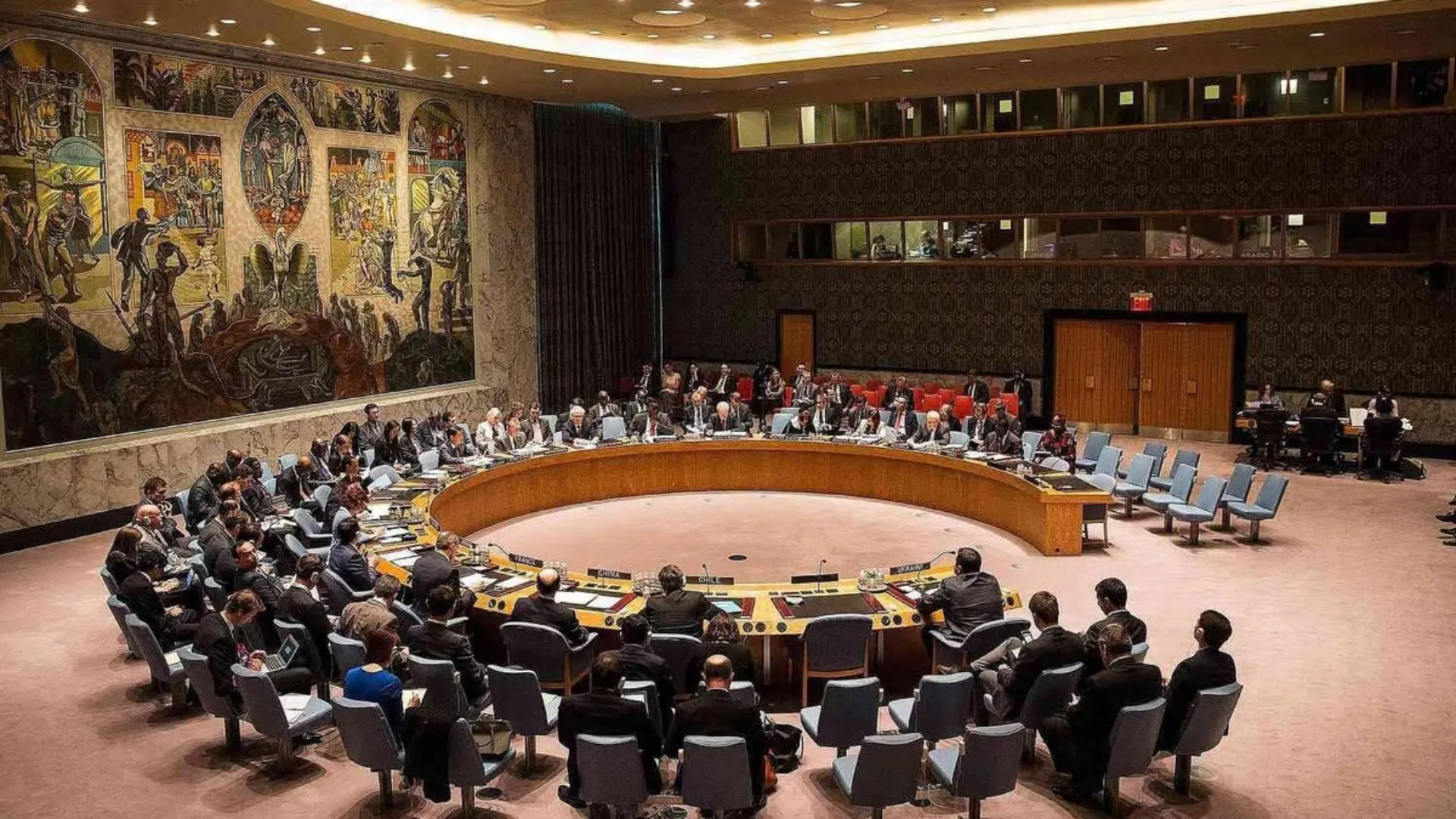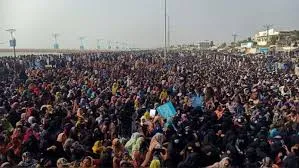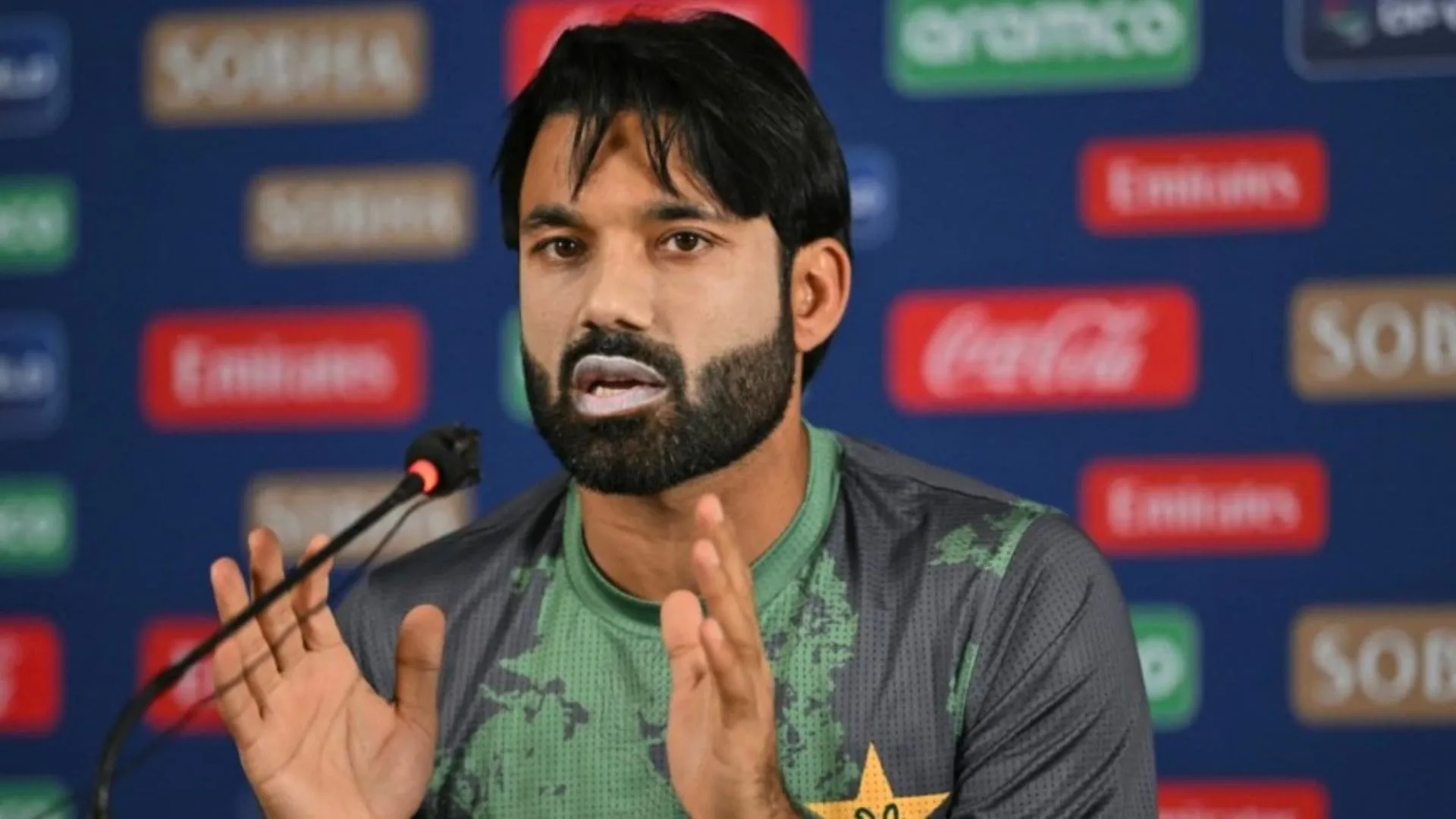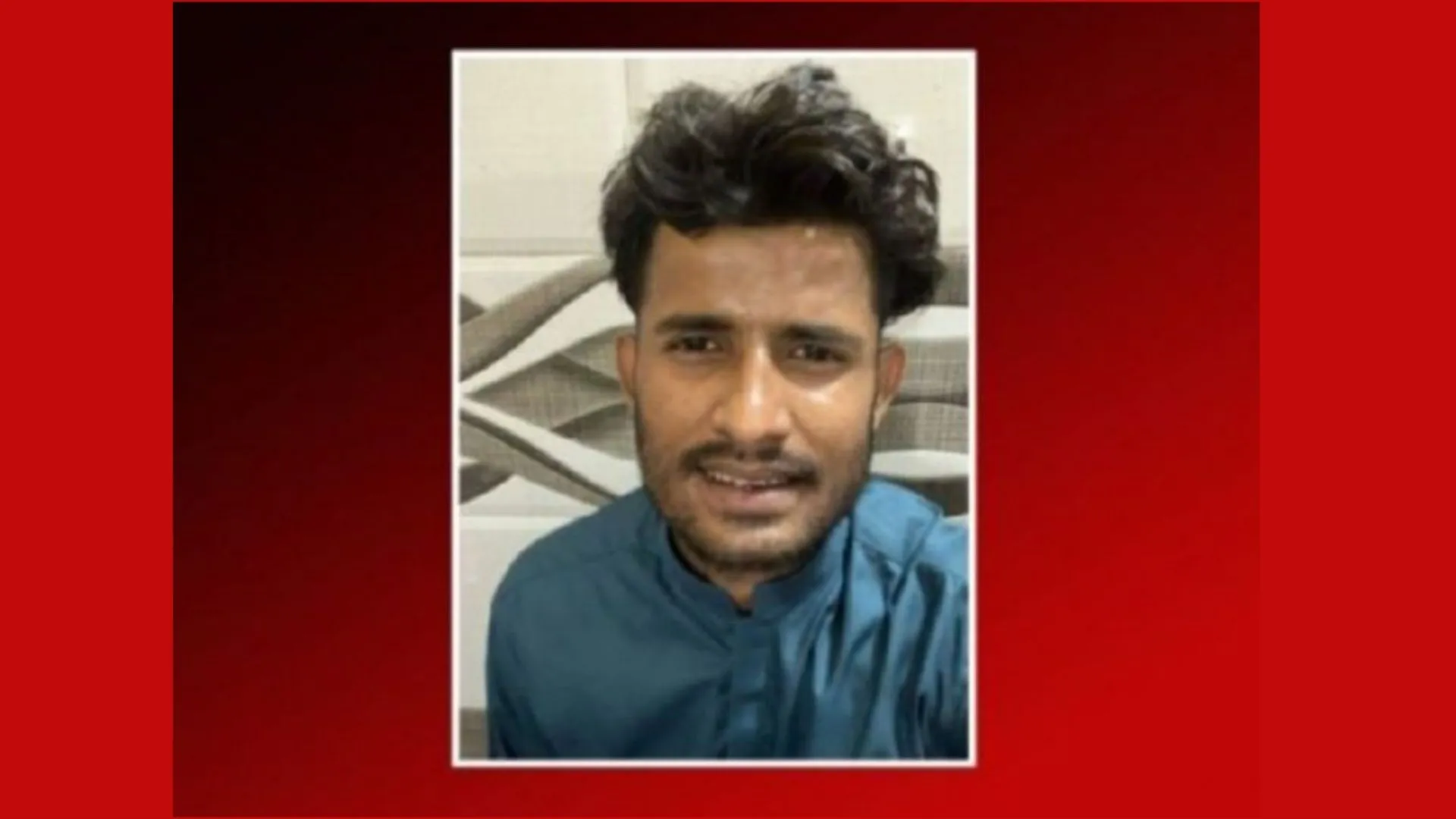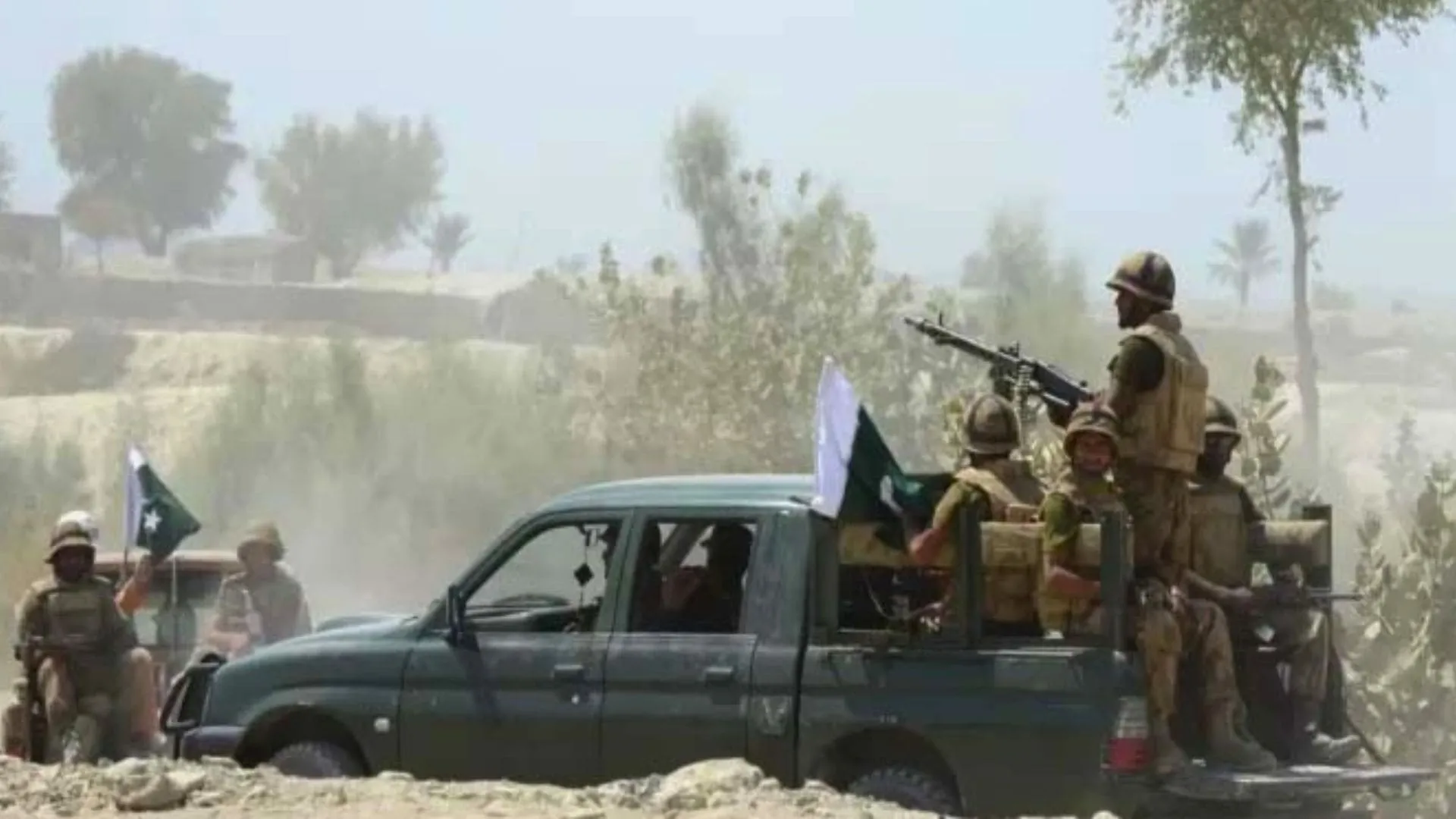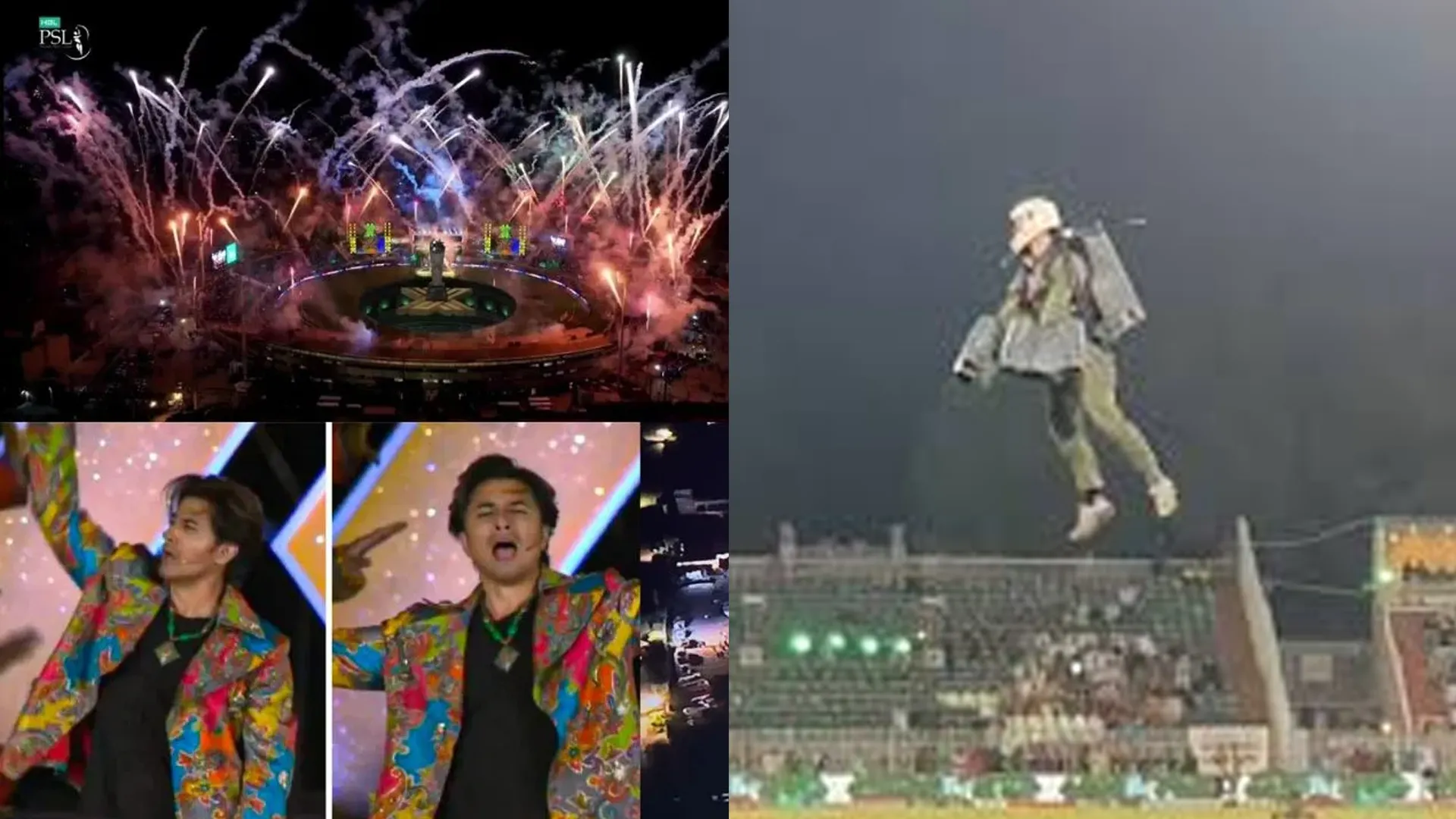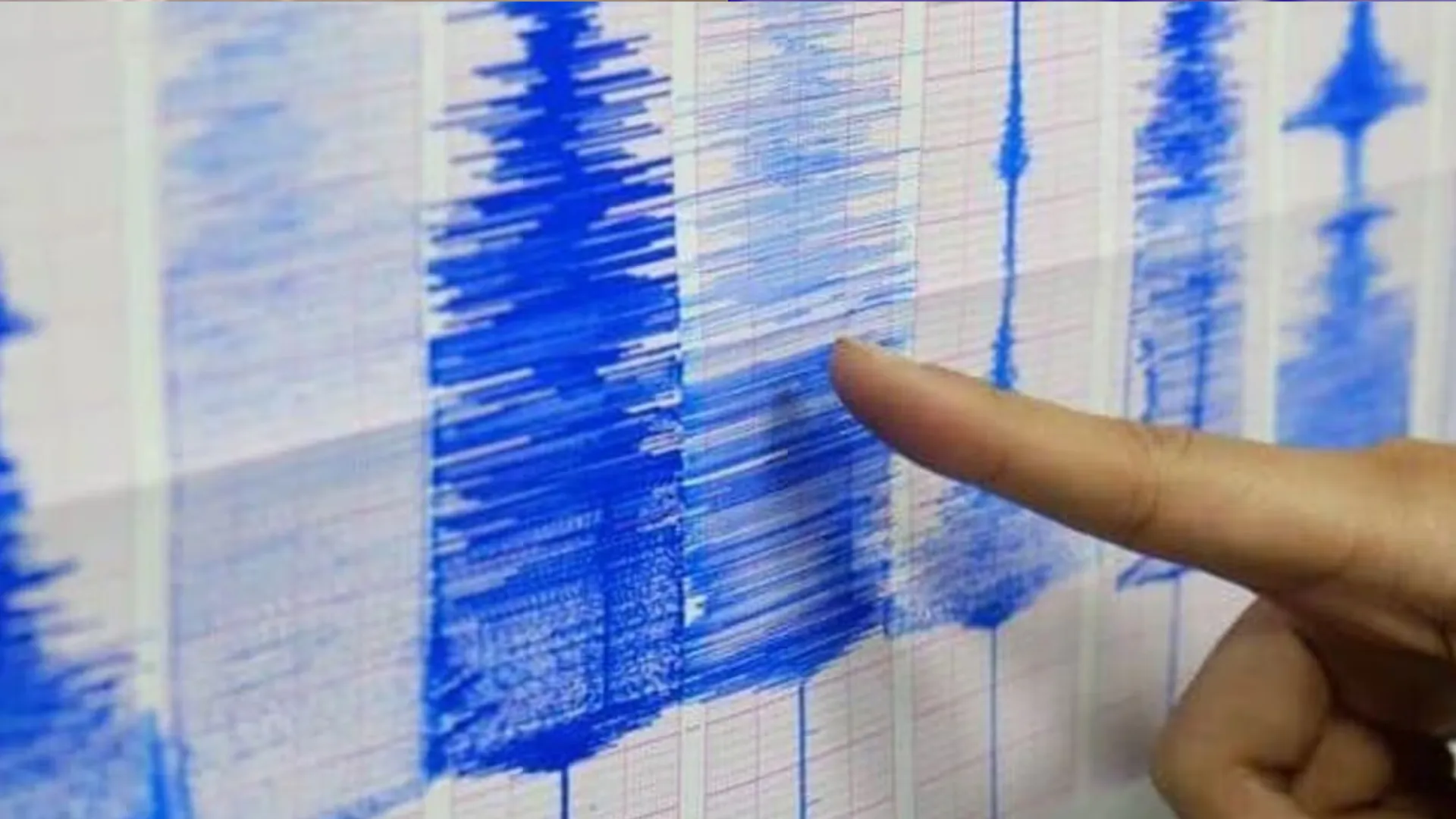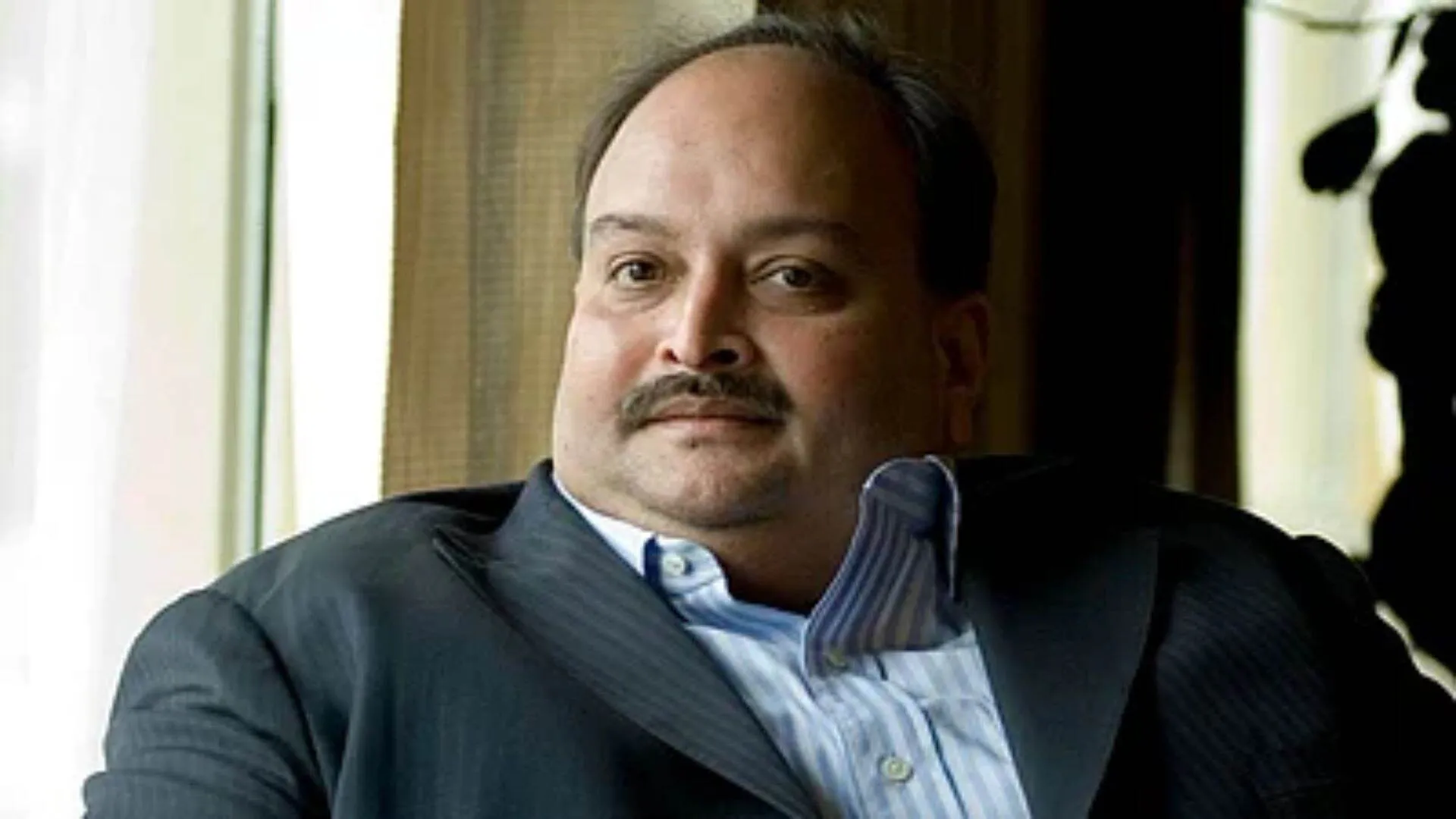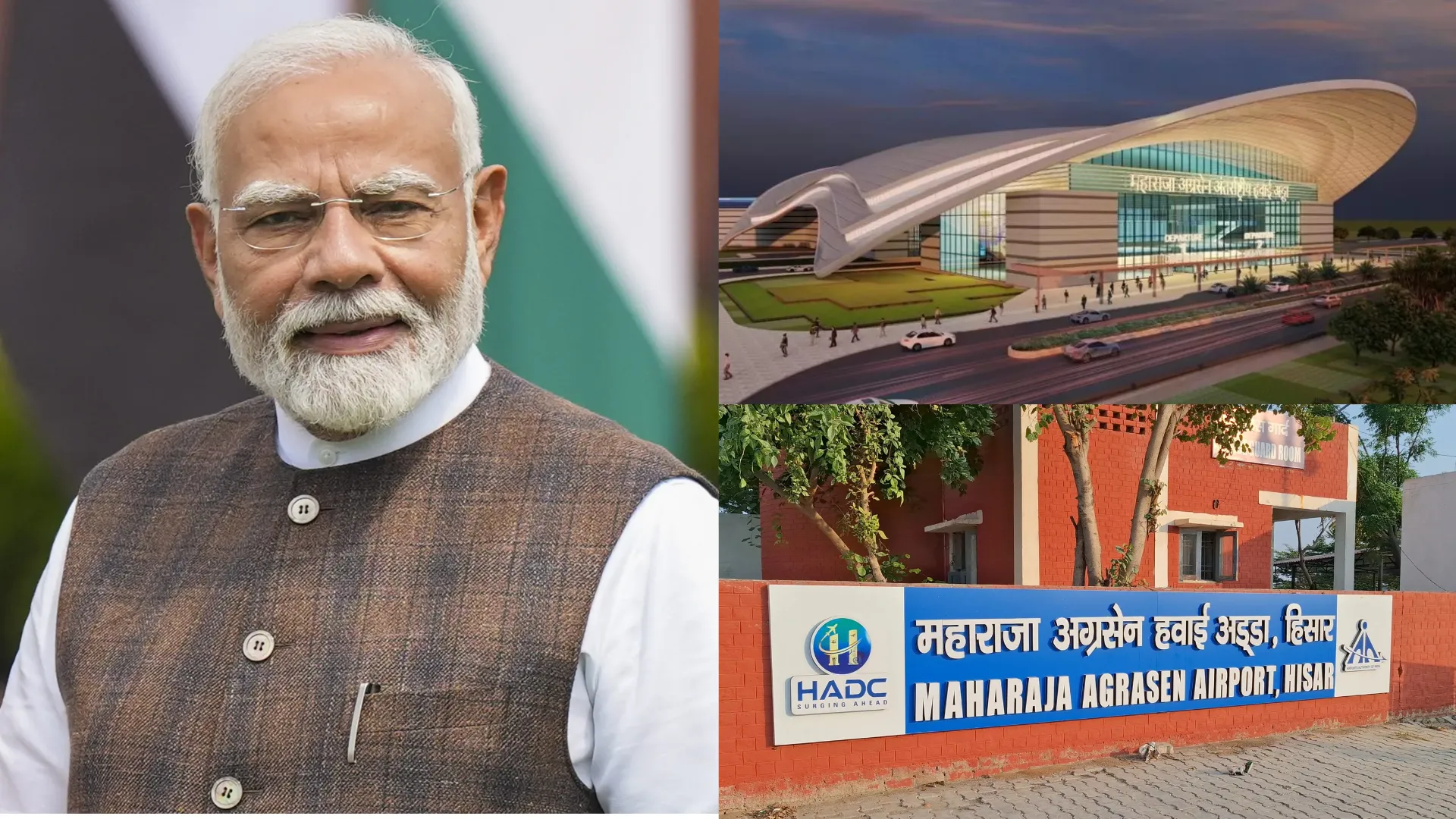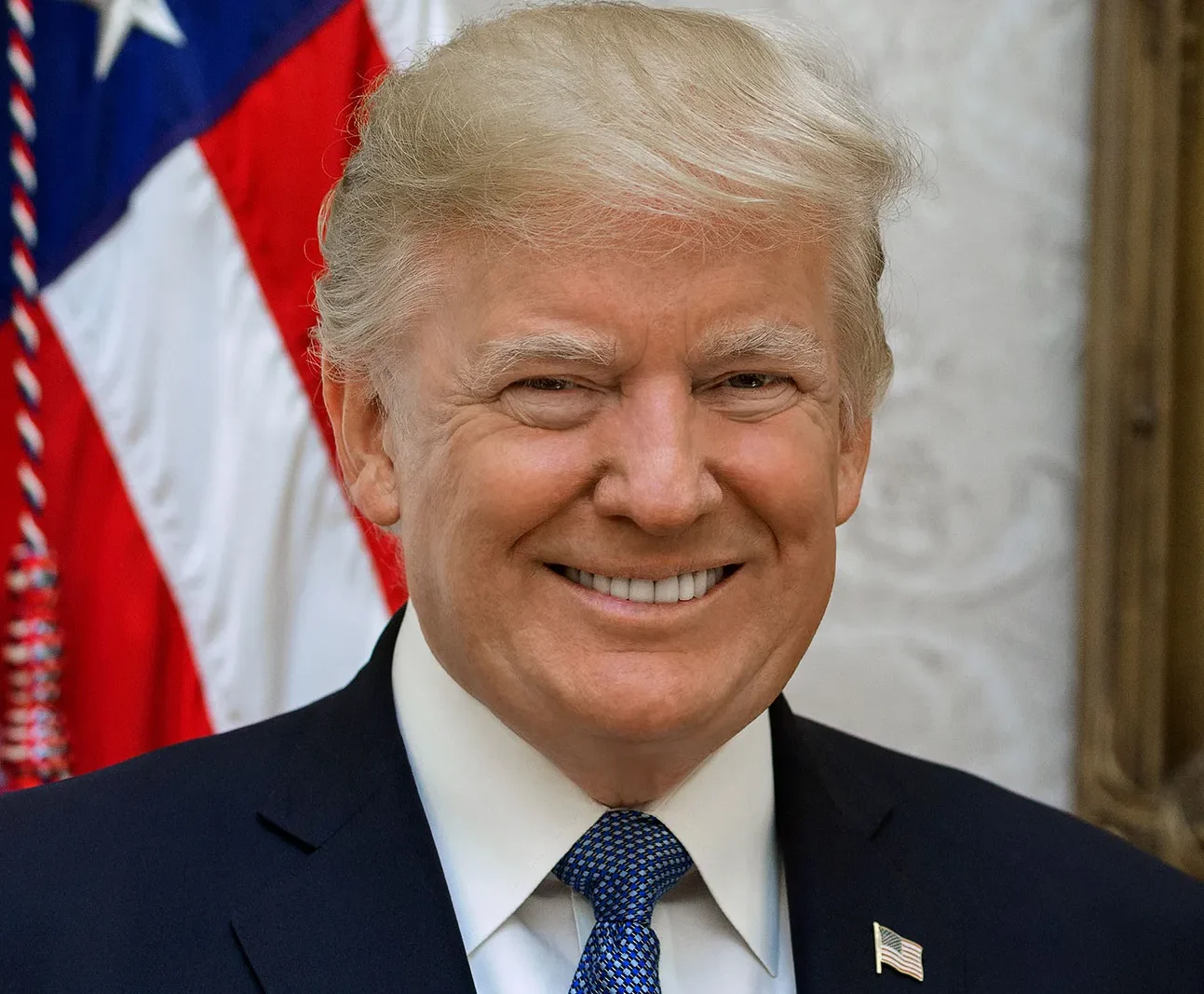Today, Pakistan has replaced Japan in securing a seat on the UN Security Council, representing the Asia-Pacific region for two years, with South Korea holding the other seat. This new term marks Pakistan’s eighth tenure at the prestigious UN body and comes at a critical time when political and humanitarian crises are unfolding across Central and West Asia, including the ongoing Gaza war, Lebanon’s turmoil, rising tensions between Israel and Iran, and the conflict in Azerbaijan and Armenia. Europe is grappling with the economic impact of the Russia-Ukraine war, while East Asia faces concerns over China’s actions towards Taiwan and North Korea’s growing military influence.
During its tenure, Pakistan will also preside over the Security Council in July, allowing it to set the council’s agenda. Additionally, Pakistan’s recent election to the Islamic State (ISIS) and Al Qaeda Sanctions Committee gives it an influential role in the global fight against terrorism, enabling it to designate individuals and groups as terrorists and impose sanctions. Pakistan’s focus on Kashmir is likely to remain a priority, with the country’s UN Ambassador Munir Akram already stating that Pakistan will continue to push for “concrete steps from the international community” on the issue.
While Pakistan will not hold veto power as a non-permanent member, its role on the Security Council, especially within the sanctions committee, allows it to have a significant impact. The timing of Pakistan’s term also coincides with efforts to reform the UN Security Council, with India seeking a permanent seat. Islamabad has expressed its opposition to adding permanent members and favors expanding the non-permanent category. As part of the Organization of Islamic Cooperation (OIC), Pakistan has stated its goal of becoming the “Voice of the Muslim World,” similar to India’s role as the “Voice of the Global South.”

